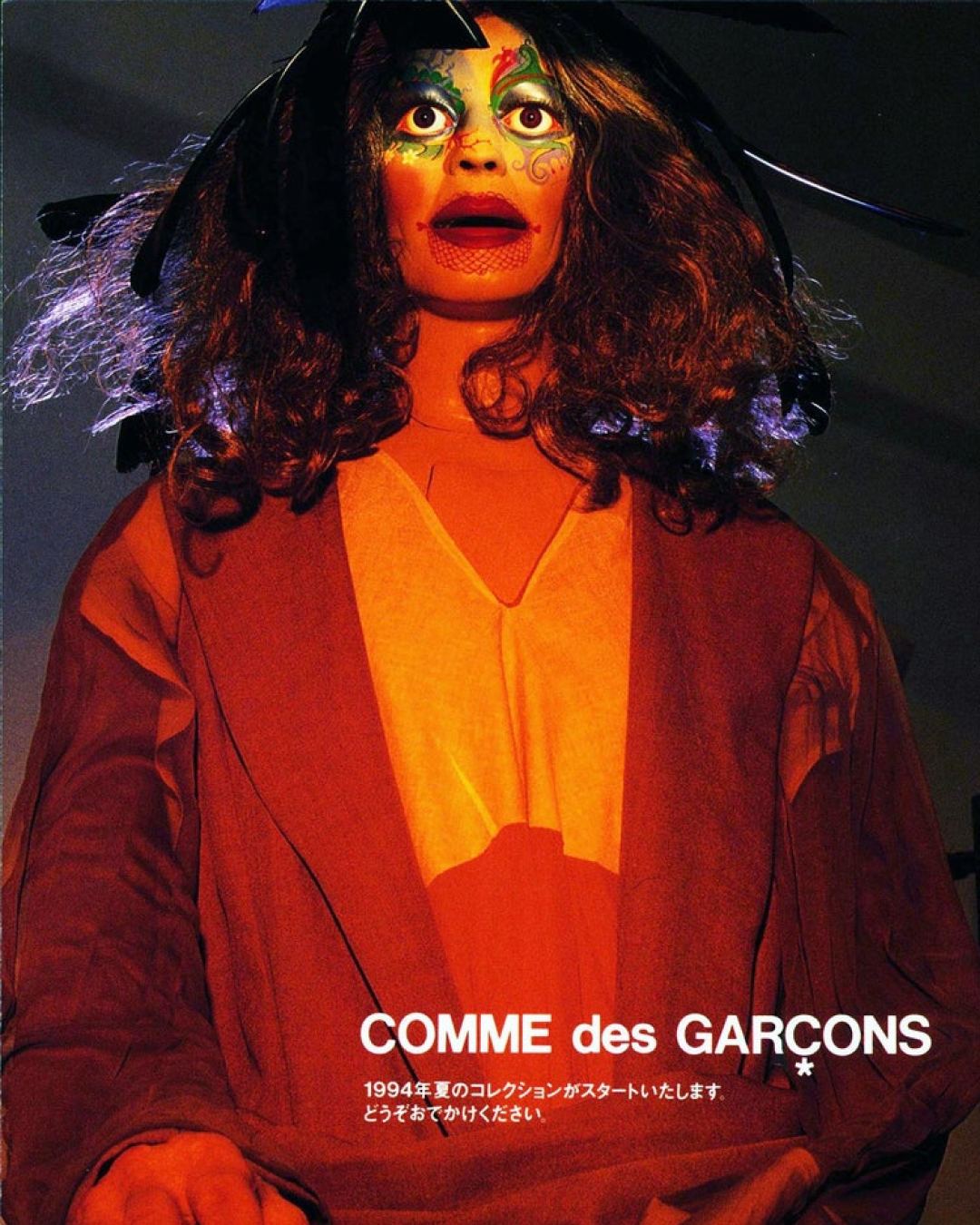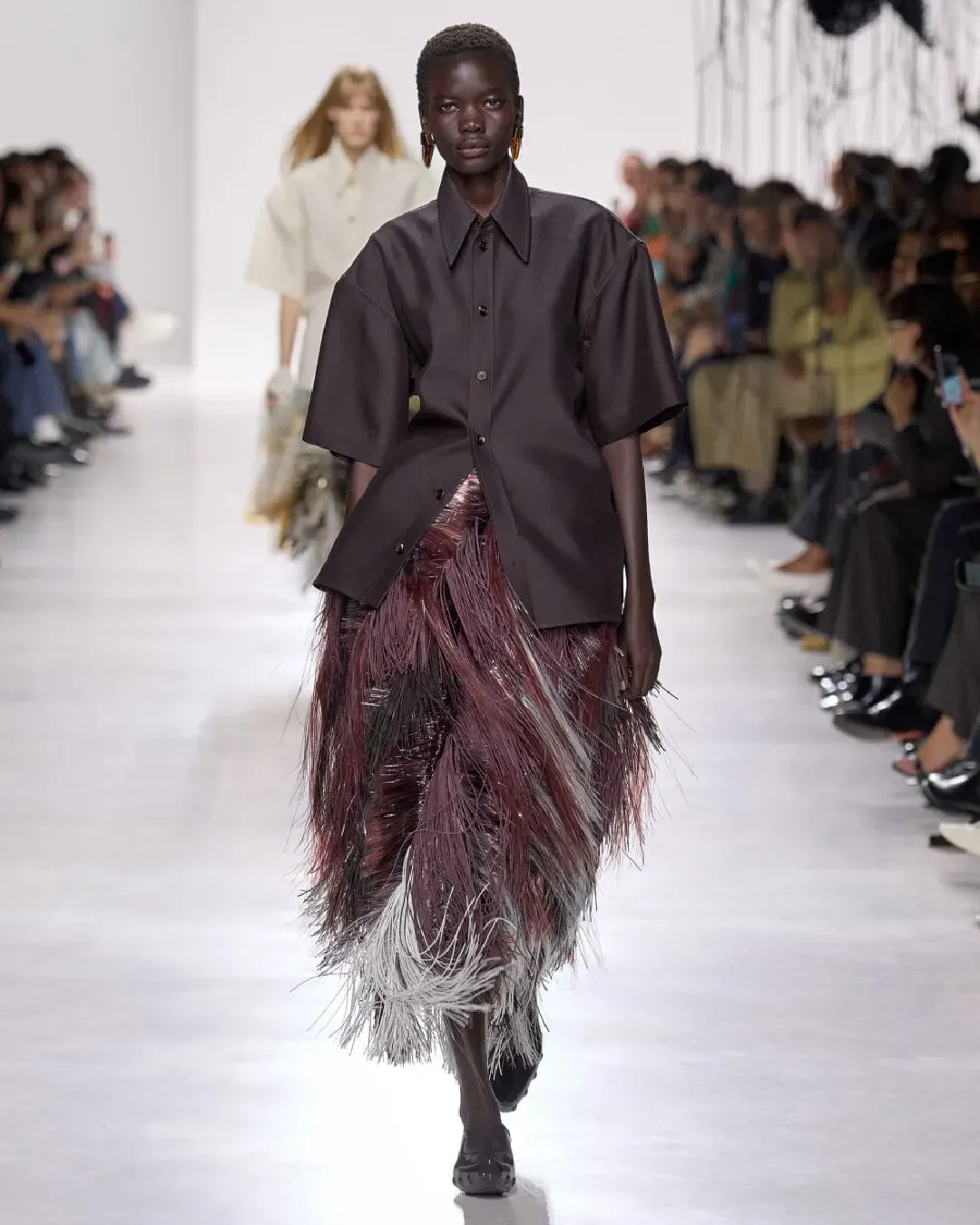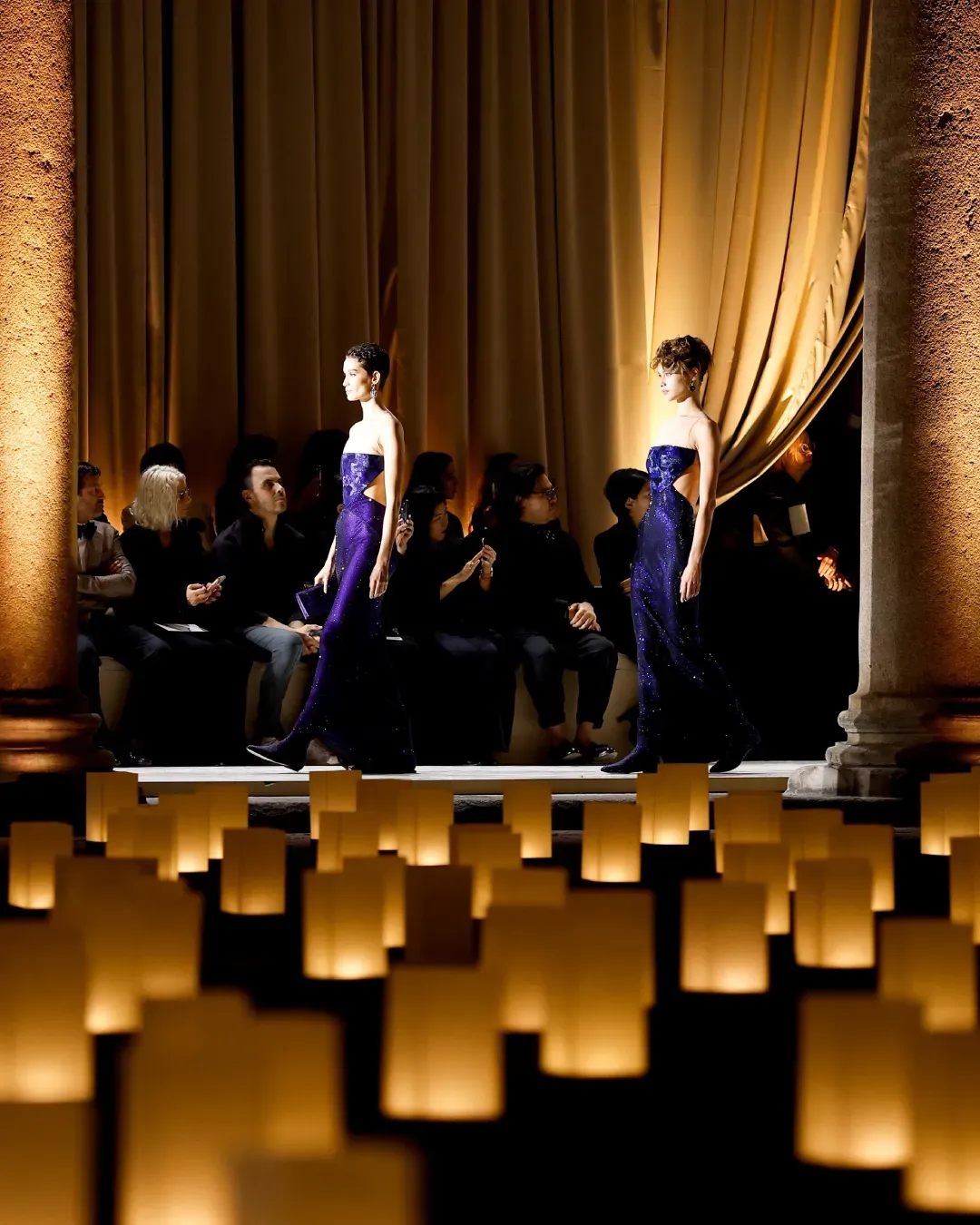
A shop assistant at Bottega Veneta refused to sell a jacket to a Russian citizen The ambiguous regulation on the export of luxury goods to Russia
For more than twenty-four hours, a video starring a customer of Russian nationality and a shop assistant at the Bottega Veneta store in Florence has unleashed the wrath of Twitter in an endless loop of indignant comments. In the video, the shop assistant, aware that she is being filmed, states that, according to the brand's policies, she is not allowed to sell items to customers of Russian nationality, but the issue becomes even more thorny when the man asks the following question: "And if I come with a friend with an Italian passport, can he buy the jacket for me? - the shop assistant at Bottega Veneta replies - Yes, he can." Result? The store had to close its Google Maps listing, after a series of negative reviews had brought the rating down to 1 star.
Since 24 February this year, the invasion on Ukrainian soil by Russian troops has triggered a series of chain mechanisms that also involved luxury brands on a large scale. Most international fashion houses have withdrawn from the Ukrainian market due to logistical difficulties and from the Russian market in protest at the war crimes perpetrated by the Putin government, but the reported episode reveals a new scenario full of contradictions. According to some Twitter users, the shopkeeper was forced to refuse to sell items to the Russian client precisely because of export sanctions, a specific branch of the measures taken by Europe to limit Russian power. The legislation says that «The Commission Services, following requests from Member States, have clarified how the prohibition on exporting, directly or indirectly, the luxury goods listed in Annex XVIII to any natural or legal person, entity or body in Russia, or for use in Russia, should apply and, in particular, how the prohibition on exporting should be understood to the extent that the value of the goods exceeds EUR 300 per item.» And again according to the Commission, the expression 'article' is to be understood as 'the additional unit' compulsorily required in the customs declaration.
Le recensioni su Google di #BottegaVeneta sono crollate da 4,9 di ieri sera (su una scala di 5) a 2,3. pic.twitter.com/bSZ4kvrdCb
— Ale (@ReboAlexa) July 18, 2022
So why does the boy reveal that the shop assistant's colleague in Milan sold him a jacket without any great drama? In recent hours public opinion has been divided between those who believe that, in support of the Ukrainian cause, it is right to refuse to sell to Russian citizens and those who have ventured to call the gesture 'racist'. Certainly sanctioning a citizen by reducing him to the ideology of his government is as misleading as it is dangerous, but it would not be the first time that this kind of extremism has been applied, starting with the cycle of lectures on Dostoevsky censored at the Bicocca in Milan. At the moment, the brand has made no statement, preferring not to comment on the incident once reached by the editorial staff of nss magazine.














































